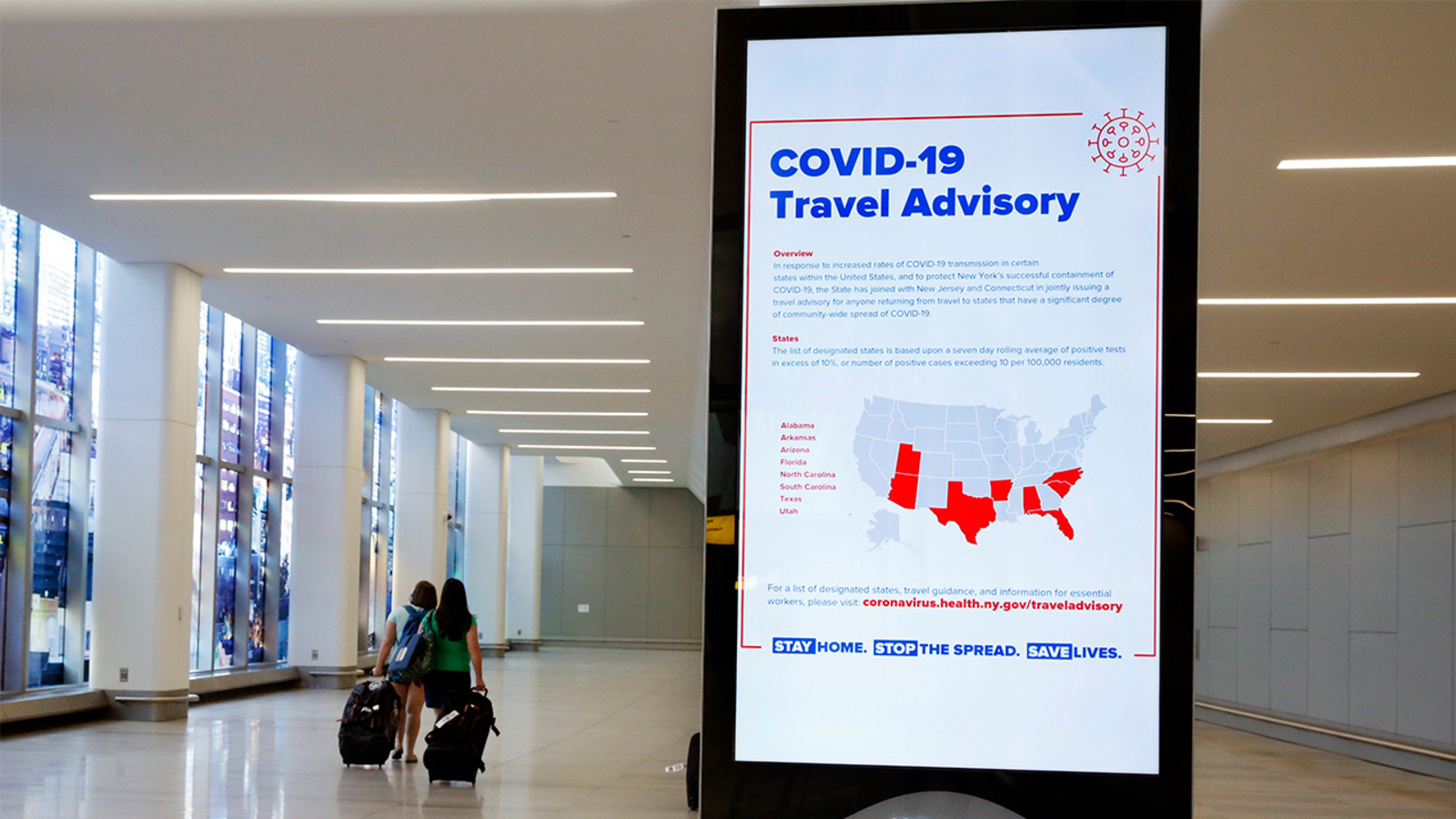As many nations relax their lockdown measures in response to the recent coronavirus pandemic, some nations are still combating its purported deadly effects, forcing the implementation of numerous safety measures.
In a study by the University of Southern Denmark, a research team determined that social distancing was more effective than travel bans in hindering the virus’ spread during their examination of the COVID-19 pandemic. The findings appeared in Scientific Reports.
“One of the biggest threats to humanity are pandemics,” said Giacomo Cacciapaglia, and co-authors, in their journal article. “In our global society they can rage around the world with an immense toll in terms of human, economic and social impact.”
“We demonstrate that the epidemic renormalisation group approach to pandemics provides an effective and simple way to investigate the dynamics of disease transmission and spreading across different regions of the world. The framework also allows for reliable projections on the impact of travel limitations and social distancing measures on global epidemic spread,” the co-authors stated in their findings.
From the findings: “We discover that social distancing measures are more effective than travel limitations across borders in delaying the epidemic peak. We further provide the link to compartmental models such as the time-honoured SIR-like models.”
“We also show how to generalise the framework to account for the interactions across several regions of the world, replacing or complementing large scale simulations,” the co-authors continued.
The study was also authored by Francesco Sannino of the Danish Institute for Advanced Study, University of Southern Denmark.


